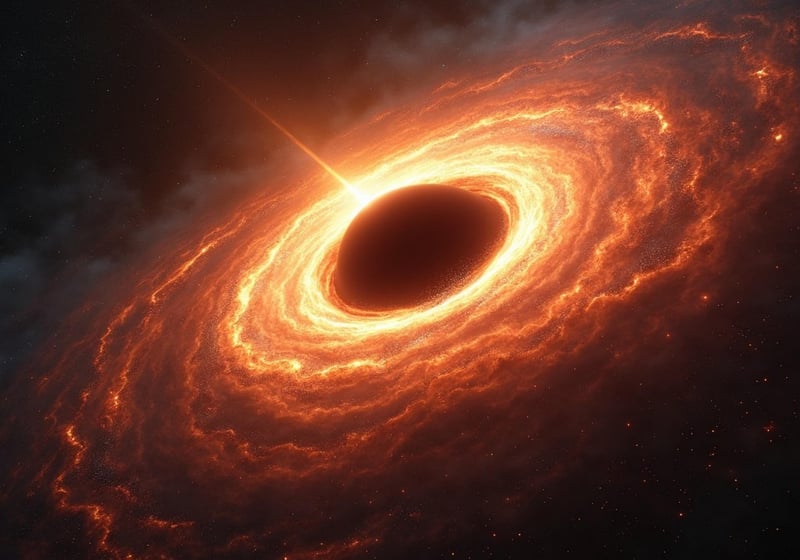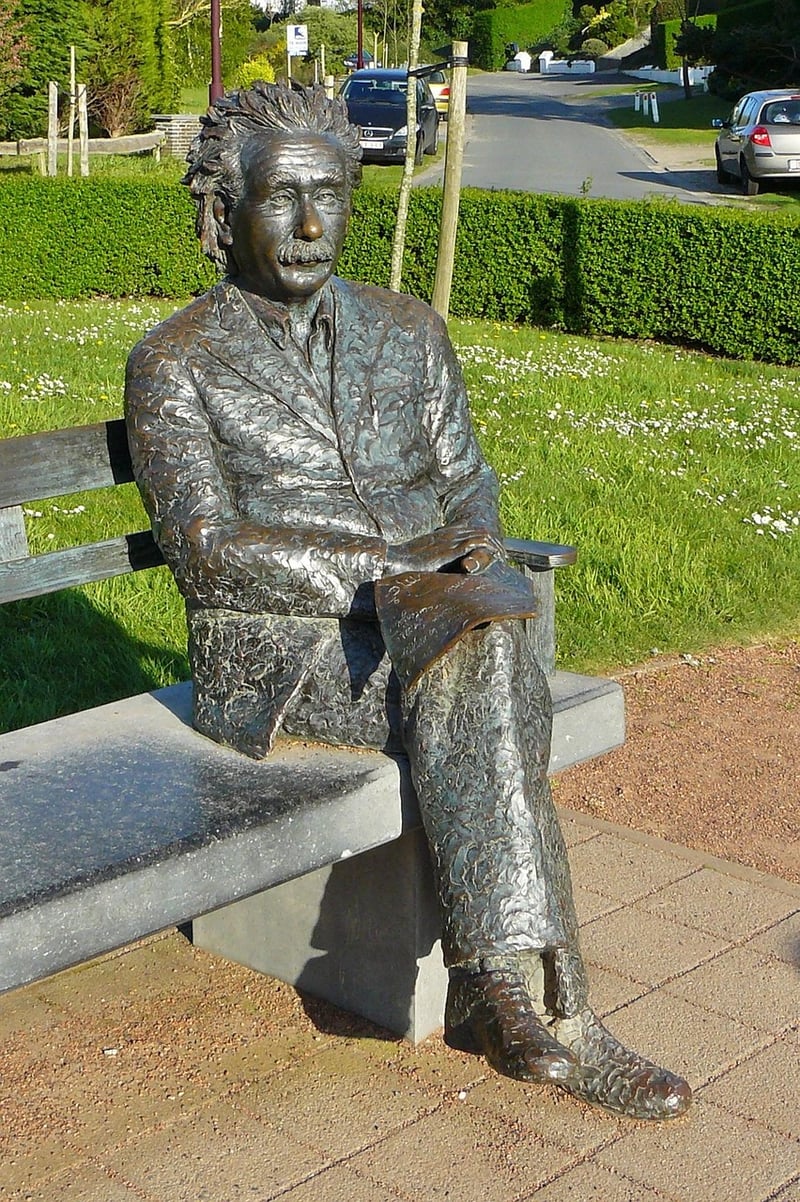Relativity Theories
Exploring the Concept of Time and Relativity Theories
Time, a fundamental aspect of our existence, has intrigued humans for centuries. From the philosophical debates on its nature to the scientific exploration of its properties, time remains a complex and fascinating subject. In the realm of physics, the concept of time is further elucidated through the theory of relativity.
The Basics of Time
Time is often perceived as a linear progression of events, flowing uniformly from the past through the present and into the future. However, this simplistic view of time is challenged by the theories of relativity proposed by Albert Einstein in the early 20th century.
Special Relativity
Special relativity, introduced by Einstein in 1905, revolutionized our understanding of time and space. One of the key tenets of special relativity is that the laws of physics are the same for all observers in uniform motion. This principle led to groundbreaking discoveries, including time dilation.
Time Dilation
According to special relativity, time is not absolute but is relative depending on the observer's frame of reference. Time dilation occurs when an object is moving at a significant fraction of the speed of light, causing time to pass more slowly for that object relative to a stationary observer.
General Relativity
General relativity, developed by Einstein in 1915, further expanded our understanding of time and gravity. This theory posits that massive objects warp the fabric of spacetime, influencing the passage of time. The phenomenon of gravitational time dilation is a direct consequence of general relativity.
Gravitational Time Dilation
Gravitational time dilation occurs in the presence of strong gravitational fields, such as those near massive celestial bodies. Clocks closer to the source of gravity tick more slowly compared to clocks in a weaker gravitational field. This effect has been confirmed through experiments and observations.
Implications and Applications
The concepts of time dilation and gravitational time dilation have profound implications for space exploration, satellite navigation systems, and our understanding of the universe. Scientists continue to study and refine these theories to unlock the mysteries of time and space.
Conclusion
Time, as we perceive it, is far more intricate and interconnected with the fabric of the cosmos than we once imagined. Through the lenses of special and general relativity, we gain a deeper appreciation for the fluidity and complexity of time, shaping our comprehension of the universe.


